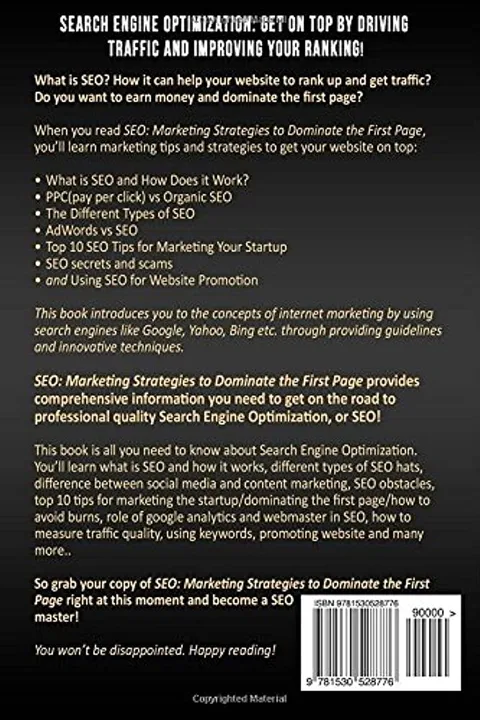May 28, 2023, Posted by: Colin Robertson

Understanding Search Engine Marketing Basics
Before diving into the different components of search engine marketing, it's important to understand what it is and why it's essential for businesses. In essence, search engine marketing (SEM) is a digital marketing strategy that involves promoting a website and its content to increase its visibility in search engine results pages (SERPs). This is done through a combination of paid advertising and organic search optimization techniques. In this section, we'll cover the fundamentals of SEM and its benefits for businesses of all sizes.
Keyword Research and Selection
The foundation of any successful search engine marketing campaign lies in effective keyword research and selection. This process involves finding the right keywords and phrases that potential customers use when searching for products or services similar to yours. By targeting these keywords in your marketing efforts, you increase the chances of your website appearing at the top of search results, leading to more traffic and potential conversions. In this section, we'll explore various keyword research tools, tips for selecting high-converting keywords, and how to create a keyword strategy that aligns with your business goals.
On-Page Optimization Techniques
On-page optimization refers to the various techniques used to improve your website's visibility and performance in search engine results. This includes optimizing elements such as title tags, meta descriptions, header tags, and URL structures, as well as creating high-quality, relevant, and engaging content. In this section, we'll discuss the importance of on-page optimization and provide actionable tips on how to improve your website's search engine performance by making strategic changes to its structure and content.
Off-Page Optimization Strategies
Off-page optimization involves activities that occur outside of your website but still contribute to its overall search engine performance. This typically includes building high-quality backlinks from authoritative websites, social media marketing, and other online PR efforts. Off-page optimization is crucial for building your website's credibility and authority in the eyes of search engines, which ultimately leads to higher search rankings and increased visibility. In this section, we'll delve into the various off-page optimization strategies and provide tips on how to build a strong and diverse backlink profile for your website.
Pay-Per-Click Advertising (PPC)
Pay-per-click (PPC) advertising is a key component of search engine marketing that involves placing ads on search engine results pages (SERPs) for specific keywords. When users click on these ads, the advertiser is charged a fee, hence the name "pay-per-click." PPC campaigns can be an effective way to drive targeted traffic to your website, increase brand exposure, and generate leads or sales. In this section, we'll discuss the various PPC platforms available, such as Google Ads and Bing Ads, and provide tips on how to create and optimize PPC campaigns for maximum return on investment (ROI).
Local Search Engine Marketing
Local search engine marketing focuses specifically on promoting your business within a specific geographic area, targeting potential customers who are searching for products or services in your area. This is especially important for brick-and-mortar businesses that rely on foot traffic and local clientele. In this section, we'll discuss the importance of local search engine marketing, as well as strategies and tactics for optimizing your website and online presence for local search results, including Google My Business, local citations, and online reviews.
Measuring and Analyzing SEM Performance
Finally, an essential component of any search engine marketing campaign is measuring and analyzing its performance. By tracking key metrics such as clicks, impressions, click-through rates (CTRs), and conversions, you can gain insights into the effectiveness of your SEM efforts and make data-driven decisions to optimize your campaigns further. In this section, we'll discuss various tools and techniques for tracking and analyzing SEM performance, including Google Analytics, Google Search Console, and other third-party tools, as well as key performance indicators (KPIs) to monitor for ongoing success.
Author
Colin Robertson
I'm Colin Robertson, and I'm passionate about marketing. I'm always looking for new and innovative ways to reach potential customers and drive sales. I'm always looking for ways to stay ahead of the competition and build strong relationships with customers.